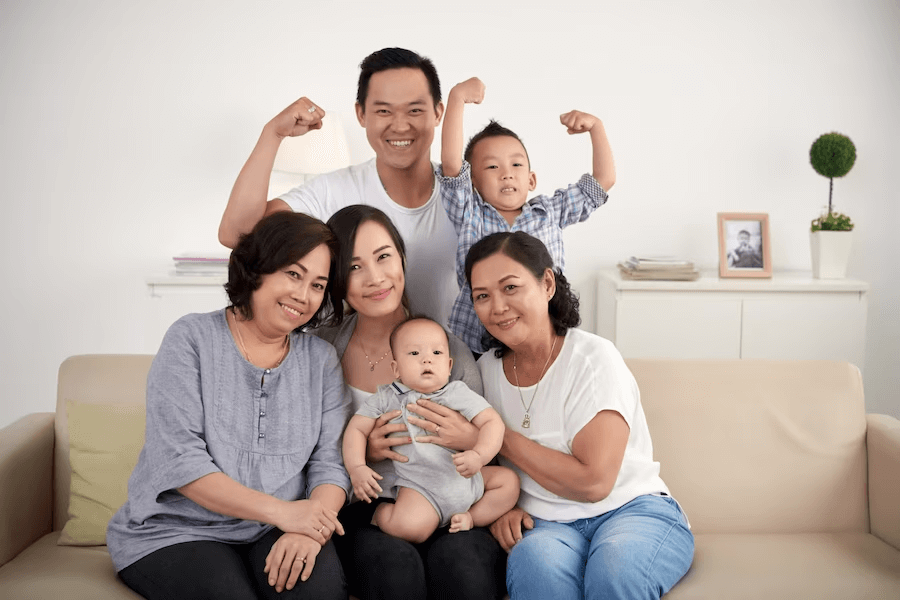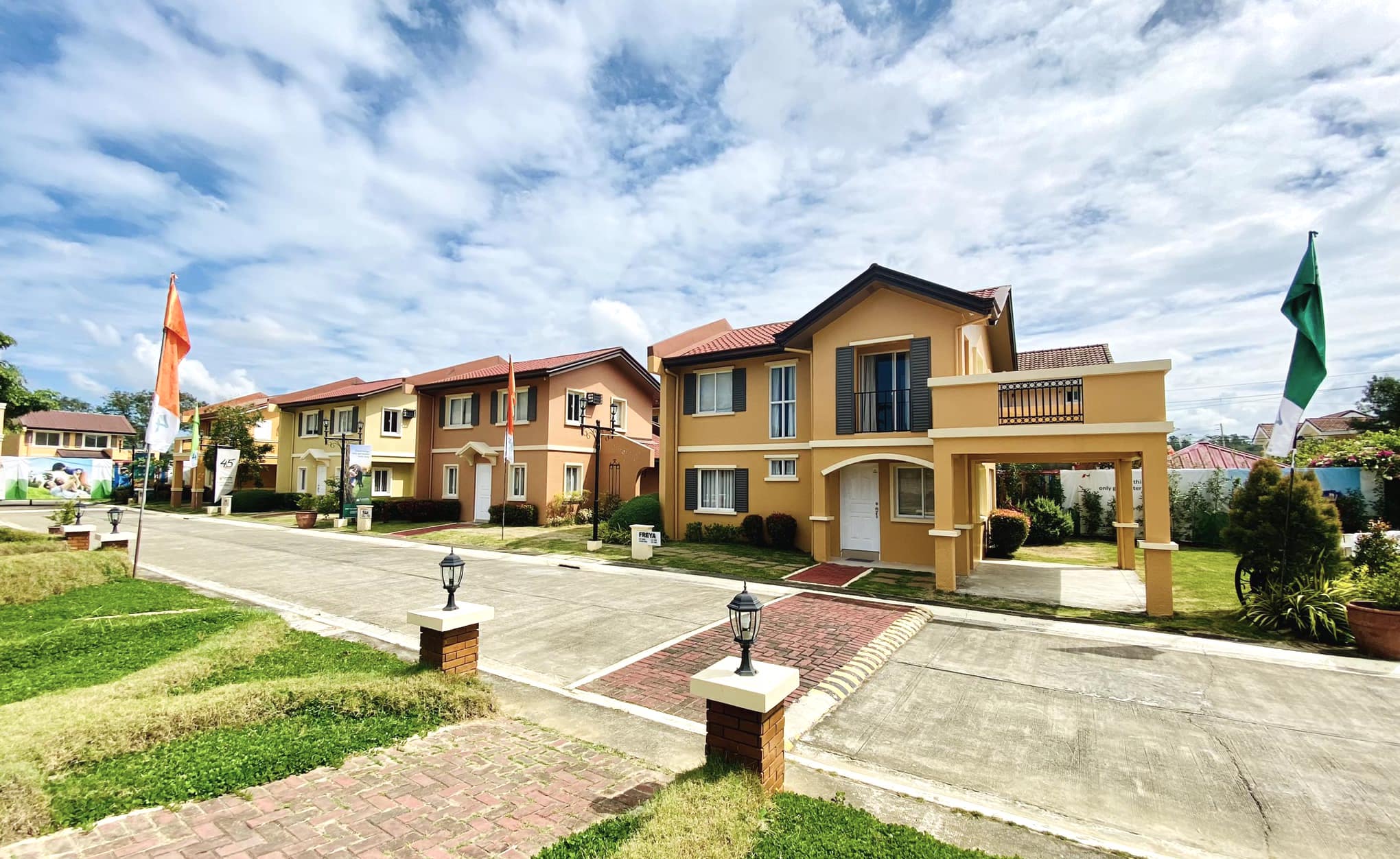
Introduction
Family dynamics play a crucial role in shaping the lives of individuals and communities. Understanding how family members interact and the dynamics that govern their relationships is essential for promoting healthy family dynamics and overall well-being.
In the context of the Philippines, a country known for its strong emphasis on family values and close-knit communities, studying family dynamics becomes even more significant.
This article will delve into the traditional hierarchical structure of Filipino families, the impact of modernization on family dynamics, and the importance of studying and nurturing healthy family dynamics.
Family Dynamics in the Philippines
Family is considered the cornerstone of Filipino society, and studying family dynamics allows us to gain insights into the unique characteristics of Filipino families. The family structure in the Philippines is quite unique in that it has what it calls extended families.
Family structure classification redefined
A family member in the Philippines is deeply interconnected and rely with other members for emotional support, financial assistance, and decision-making, hence the term “extended families.” The family unit extends beyond the nuclear family to include the extended family, considered an entire family, creating a strong support system and fostering a sense of belonging and identity.
Understanding the different types of family dynamics that exist within Filipino families is crucial for identifying and addressing potential issues. For instance, single-parent families are becoming more prevalent in the Philippines, also a family involving multiple generations, blended families, grandparent family, childless family, among others.
Studying what influence family dynamics can provide valuable insights into the challenges they face and the support they require.
The Hierarchical Structure of Filipino Families
Filipino families are characterized by a traditional hierarchical structure where the eldest male member, often the father or grandfather, holds the highest authority and decision-making power. This hierarchical structure is deeply rooted in cultural values and serves as a foundation for family relationships and interactions.
Respect for authority, obedience, and deference to elders are highly valued traits within the Filipino family system.
The hierarchical structure extends beyond immediate family members and includes the extended family. Other family members, such as aunts, uncles, and older siblings, also hold authority and influence within the family unit.
This structure fosters a sense of unity, responsibility, and interdependence among family members. However, it can also lead to power imbalances and conflicts if not managed effectively.
The Impact of Modernization on Family Dynamics
As the Philippines undergoes rapid modernization and urbanization, family dynamics are also experiencing significant changes. The traditional hierarchical structure is gradually evolving, influenced by factors such as education, migration, and exposure to diverse cultures. This transition brings both opportunities and challenges for Filipino families.
With the increasing number of dual-income households and the rise of nuclear families, the dynamics within the family unit are transforming. The roles and responsibilities of family members are changing, with both parents sharing decision-making and household chores.
This shift can lead to more egalitarian relationships and an equal distribution of power within the family.
However, the impact of modernization on family dynamics is not solely positive. The fast-paced, competitive nature of modern life can put a strain on family relationships. The pressure to succeed and the demands of work can lead to increased stress and decreased quality of time spent with family members.
These factors, if not managed properly, can contribute to the development of unhealthy family dynamics and have detrimental effects on mental health and overall well-being. Poor communication can lead to various factors that affect children and other family members like substance abuse, can create conflict, cultivate and create tension, family violence, toxic family dynamics that may ultimately result to decreased self confidence and mental illness.
Exploring changes in gender roles within Filipino families
The traditional gender roles within Filipino families have undergone significant changes in recent years. In the past, the father was seen as the primary provider and decision-maker, while the mother’s role was primarily focused on taking care of the household and raising children.
However, societal and economic factors have led to a shift in these traditional roles and family structures.
Changing gender roles within Filipino familes
With the increasing participation of women in the workforce, Filipino families have witnessed a transformation in gender roles. Women are now pursuing careers and taking on leadership positions, challenging the patriarchal structure that once defined family dynamics.
This shift has not only empowered women but has also allowed men to take on a more active role in domestic responsibilities.
The changing gender roles within Filipino families have brought about more egalitarian family dynamics. Shared responsibilities and decision-making have become the norm, leading to healthier relationships and increased satisfaction among family members.
This shift has also had a positive impact on children, as they grow up witnessing equal partnerships between their parents, promoting gender equality from an early age.
While the changes in gender roles have been positive overall, some families may still struggle to adjust to these new dynamics. Families need to have open and honest conversations about their expectations and responsibilities.
This allows for a better understanding of each other’s needs and ensures that everyone feels valued and respected within the family unit.
The power of healthy family dynamics
Recognizing the importance of healthy family dynamics, various interventions and approaches have been developed to promote positive family relationships and well-being. Family therapy, for example, is a widely utilized approach that aims to address dysfunctional family dynamics and improve communication and understanding among family members.
Through therapy, families can identify and address issues, develop effective coping mechanisms, and strengthen their relationships.
Effective communication is the cornerstone of any healthy family dynamic. It allows family members to express their thoughts, feelings, and concerns in a safe and non-judgmental environment. Clear and open communication where families interact ensures that all family members are heard and understood, reducing the chances of conflicts arising and strengthening family bonds.
Families that prioritize communication are better equipped to navigate challenges and constructively resolve conflicts.
Moreover, fostering open communication, respect, and empathy within the family unit is essential for nurturing healthy family dynamics. Encouraging family members to express their thoughts and emotions, actively listening to one another, and resolving conflicts constructively are all important components of fostering positive family dynamics.
Conclusion
Family dynamics in the Philippines are influenced by a traditional hierarchical structure, deeply rooted cultural values, and the impact of modernization. Understanding and studying these dynamics is crucial for addressing potential issues, promoting positive family relationships, and fostering overall well-being.
By nurturing healthy family dynamics, individuals can develop resilience, emotional well-being, and a strong support system. It is through these efforts that families in the Philippines can thrive and contribute to the harmonious development of society.

Check out our House and Lot for Sale Properties
Discover our house and lot for sale properties in the Philippines


